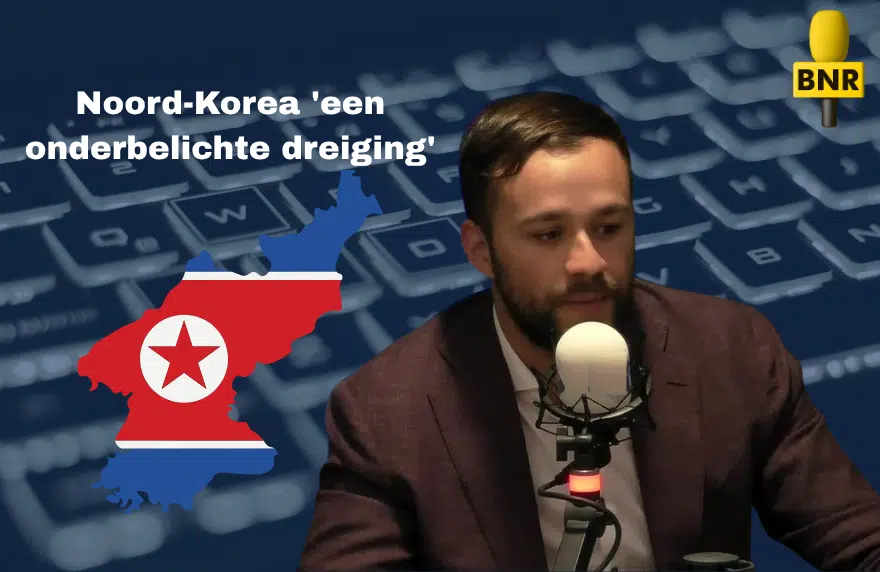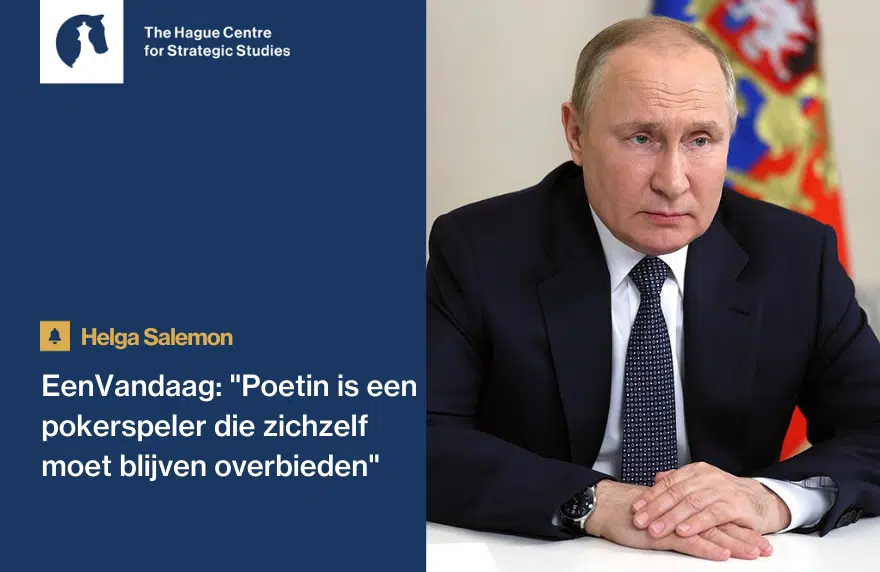Met de bevolking heb ik te doen, maar stiekem vond ik de Noord-Koreaanse communistische oorlogsretoriek wel vermakelijk. Een overblijfsel van de Koude Oorlog. Inmiddels vraag ik mij af of dat wel terecht is.
Brinkmanship, het gewaagd politiek opereren onder risicovolle omstandigheden, is iets voor leiders die gepokt en gemazeld zijn in de internationale politiek. De Amerikaanse president Kennedy en zijn Sovjet-collega Chroesjtsjov waren er tijdens de Cuba-crisis van 1962 erg goed in. Beide leiders scheerden langs de afgrond, maar voorkwamen een kernwapenoorlog.
Waaghalzerij is ook een geliefd tijdverdrijf van de Noord-Koreaanse leiders. Het patroon is steeds hetzelfde: Noord-Korea voert een nucleaire test uit of schiet een raket af; de internationale gemeenschap roept schande en legt sancties op; de door het volk zo geliefde leider dreigt met oorlog; maar uiteindelijk wordt er weer onderhandeld en worden de sancties verzacht.
Soms lijkt het mis te gaan zoals in 2010 toen Noord-Korea een oorlogschip tot zinken bracht en een eiland onder vuur nam. De Korea’s balanceerden op de rand van oorlog, maar uiteindelijk zegevierde de rede. Brinkmanship is door Kim Il-sung (de in 1994 overleden eeuwige leider die formeel nog steeds aan de macht is) en zijn zoon Kim Jong-il veelvuldig en met succes toegepast.
De twintiger Kim Jong-un lijkt mij niet van het kaliber Chroesjtsjov en is een amateur op dit gebied. Dat maakt de situatie zo gevaarlijk. De retoriek escaleert; de ene oorlogsverklaring volgt op de andere.
Inmiddels zijn drie oorlogsscenario’s denkbaar. Het eerste gaat ervan uit dat Kim Jong-un doorgaat met zijn retoriek. Hotlines met Zuid-Korea zijn afgesloten, raketten en artilleriestukken in paraatheid gebracht en het kernwapenprogramma wordt versneld. Mogelijk zorgt hij voor verdere escalatie door zijn leger geheel of gedeeltelijk te mobiliseren. Als hij niet stopt met zijn oorlogsretoriek moet hij omwille van zijn eigen geloofwaardigheid uiteindelijk de aanval inzetten. Zo niet dan ondermijnt hij zijn positie in eigen land.
Scenario twee gaat uit van een preventieve aanval door Amerika, al dan niet in samenwerking met Zuid-Korea. Die aanval is mogelijk als de inlichtingendiensten harde aanwijzingen menen te zien dat een Noord-Koreaanse aanval aanstaande is. Het verplaatsen van raketten, artilleriestellingen en troepen zijn hiervoor signalen.
Scenario drie voorziet in Noord- Koreaanse provocaties om een aanval uit te lokken. Er is een kans dat het Zuiden, gesteund door de VS daadwerkelijk aanvalt. Dan kan Kim Jong-un zijn land heldhaftig tegen de agressor verdedigen. Als verdere escalatie uitblijft verstevigt hij zijn positie. En als de VS niet aanvalt kan hij roepen dat de lafaards het machtige Noord-Korea niet durfden aan te vallen. Dit scenario levert een gunstige onderhandelingspositie op om de Westerse sancties van tafel te krijgen.
Het laatste scenario is voor Noord-Korea het meest aantrekkelijke. Maar Amerika is een supermacht die zichzelf (en bondgenoot Zuid-Korea) niet kan laten chanteren door een onbeduidend communistisch openluchtmuseum. Als het tot een treffen komt, zal Amerika tevens een einde willen maken aan de 65-jarige stalinistische Kim-dynastie.


